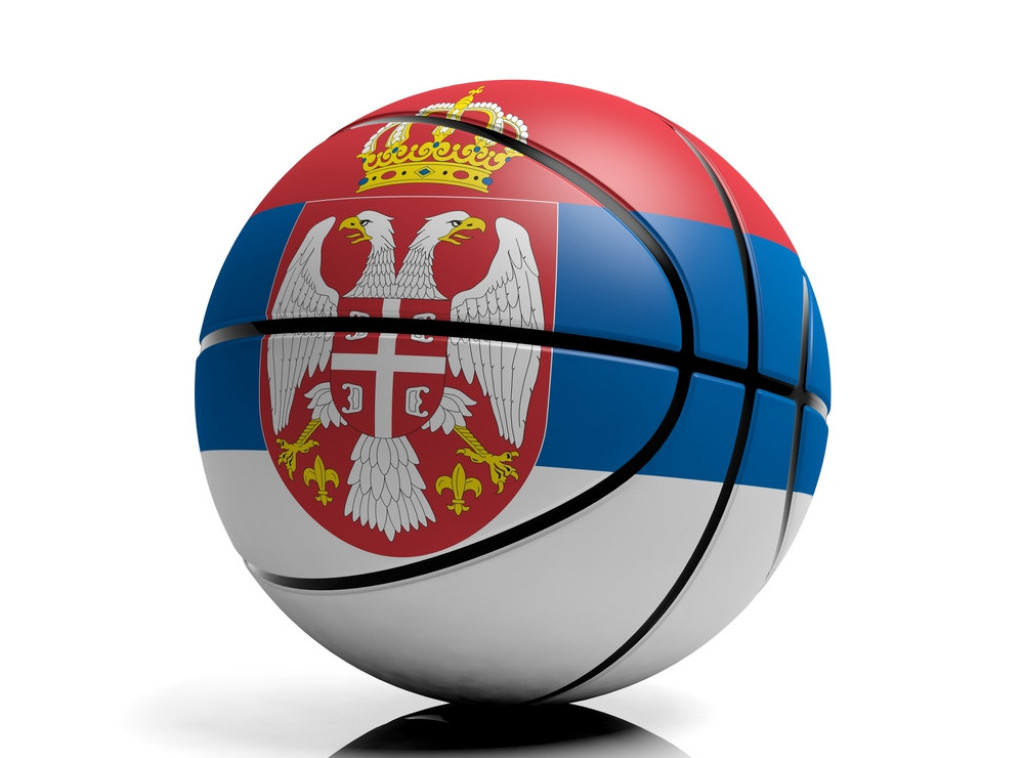Euronews Culture met bestselling British novelist Victoria Hislop to discuss her role as Agora Ambassador at this year’s Thessaloniki Film Festival, as well as the role the city has played in her own creative work.
Greece is a constant source of inspiration for author Victoria Hislop.
From her acclaimed debut novel "The Island" – set on the island of Spinalonga, a leper colony – to becoming an honorary citizen in 2020 even taking part in the Greek version of 'Strictly Come Dancing', Greece has been at the heart of much of Hislop’s writing career and personal story.
The writer’s latest undertaking takes her to the Thessaloniki International Film Festival.
Now in its 65th year, Greece’s biggest film festival is welcoming such stars as Juliette Binoche and Ralph Fiennes – who were both presented with the festival’s honorary Golden Alexander award for their career achievements – and a total of 252 (almost invariably well-attended, thanks to the palpable buzz generated by the festival around the city) feature and short films.
Hislop is serving as Ambassador to the festival’s ‘Agora’, the festival’s developmental industry segment, which brings together hundreds of film professionals each year for collaboration and exchange. She spoke with Euronews Culture about her role at the festival, her own experience making screen adaptations in Greece, and her love for Thessaloniki.
Euronews Culture: You've said that Thessaloniki is one of your favourite cities in Greece – in your eyes, what makes it so special?
Victoria Hislop: At all times of year, Thessaloniki has a wonderful and positive atmosphere – I think this is created by a combination of its position on the sea, a huge student population– and a strong presence of the arts. You are never far away from a theatre, a cinema, a museum or gallery. And combined with that, the very visible layers of history from ancient to modern give it a completely unique vibe.
Are there any particular memories that sum up your experience of the city?
Thessaloniki is the only place I go jogging – to run along the esplanade, early in the morning, past the White Tower, past Alexander the Great, past the Umbrellas of Zongolopoulos towards the Megaro Mousiki, past the fishermen, with the sea sparkling by my side – this has to be the very best start to the day. And when I think of Thessaloniki, this is what I have in my mind.
What inspired you to write "The Thread", which is set in Thessaloniki?
The moment of inspiration was seeing the monument to the Jews who perished under the Nazis – it was a shock that there had been such a large population there. I was taking a walk on my first visit (before I discovered the joy of jogging there) and came across the remarkable and very painful piece of sculpture on the edge of Eleftheria Square to commemorate this tragedy. It led me to an exploration of the many other painful periods in Thessaloniki’s 20th Century history - and how it lost huge sections of its population at different times in the 20th century – and changed from being a thriving multi-cultural city (with an ideal balance of Christians, Muslims and Jews) to a place that had essentially been “ethnically cleansed”.
How did you go about researching for this story?
Reading, talking to people, browsing in archives, walking the streets to imagine, people-watching – all the usual ways in which I research before telling a story.
As I understand, a Greek production company is currently working on a TV adaptation of "The Thread". Is it being filmed in Thessaloniki? Perhaps we could expect some screenings at a future festival in Thessaloniki...
We are still at the development stage. The first episode and “Bible” of the series have been written by Alexis Kaye-Campbell, an acclaimed screen and scriptwriter, and we are currently looking for co-production.
You've been quite involved with TV adaptations in the past (e.g. serving as executive producer for One August Night). How was the process of working with Greek TV? Was it very important to you that the adaptations be in the Greek language and produced by Greek companies?
Yes – I was executive producer on all three of the Greek productions so far made from my novels ("The Island", "Cartes Postales" and "One August Night"). I had very positive experiences working with wonderful teams of very talented people at all levels. I didn’t specifically aim to have my books adapted for Greek TV – but Mega and ERT were the first to come up with good proposals. I have various novels under option with British production companies – and with English as the language of the production it might give them greater chance of being seen internationally.
How did you come to be involved in the Thessaloniki International Film Festival, and what makes it such an exciting event?
I have many friends in Greece involved with film and television (from actors through to production) so I have heard a lot about TIFF over the years – all of it very positive so when the invitation came from Orestis Andreadakis to be Ambassador for the Agora, I didn’t hesitate in accepting.
I think it’s the word “International” that makes it important – this is an opportunity for the participating countries to see what their neighbours are doing and to learn and to share. It’s more than a networking opportunity I think – in whatever sphere we work or create, there is much to be learned from our peers to improve what we do.
Could you tell us a little about your role as Ambassador for the Agora at TIFF?
I will be there to give encouragement – and hopefully some inspiration. Like a godmother as much as an Ambassador!
How do you think your experience, both working on these adaptations but also storytelling more broadly, could be useful to and encourage the filmmakers at the Agora?
I think that the word “storytelling” is absolutely key, whether you are making a film or a tv series or writing a book. There has to be a strong narrative – something with logic and originality but most importantly something that draws the viewer (or reader) in and makes them stay in their seat. This can be done both through character and situation – or ideally both. My involvement on the adaptations of my books actually taught me a lot too – what works on the page doesn’t necessarily work on the screen.
When people ask me what I do, I tell them I am a story-teller. I think the best films/TV series are made by people who would describe themselves as this. If they think of themselves as creators of nice images first and foremost, then story-telling is not their priority….
A final question with some practical advice for our readers – if you're visiting Thessaloniki and want to get a taste of the city's culture and heritage, what are your must-visit spots?
First of all wear comfortable shoes! Thessaloniki has a story and you can only follow the narrative of this city if you go on foot – and the size of the city makes this possible in about three hours. The key places are the White Tower, the Rotonda, the Arch of Galerius, the Upper City and the Castle above the city, the Modiano Market and then to the old port. And everything begins and ends with a coffee on the sea-front, of course.
The 65th Thessaloniki International Film Festival runs until 10 November 2024.

 4 months ago
38
4 months ago
38






 We deliver critical software at unparalleled value and speed to help your business thrive
We deliver critical software at unparalleled value and speed to help your business thrive






 English (US) ·
English (US) ·